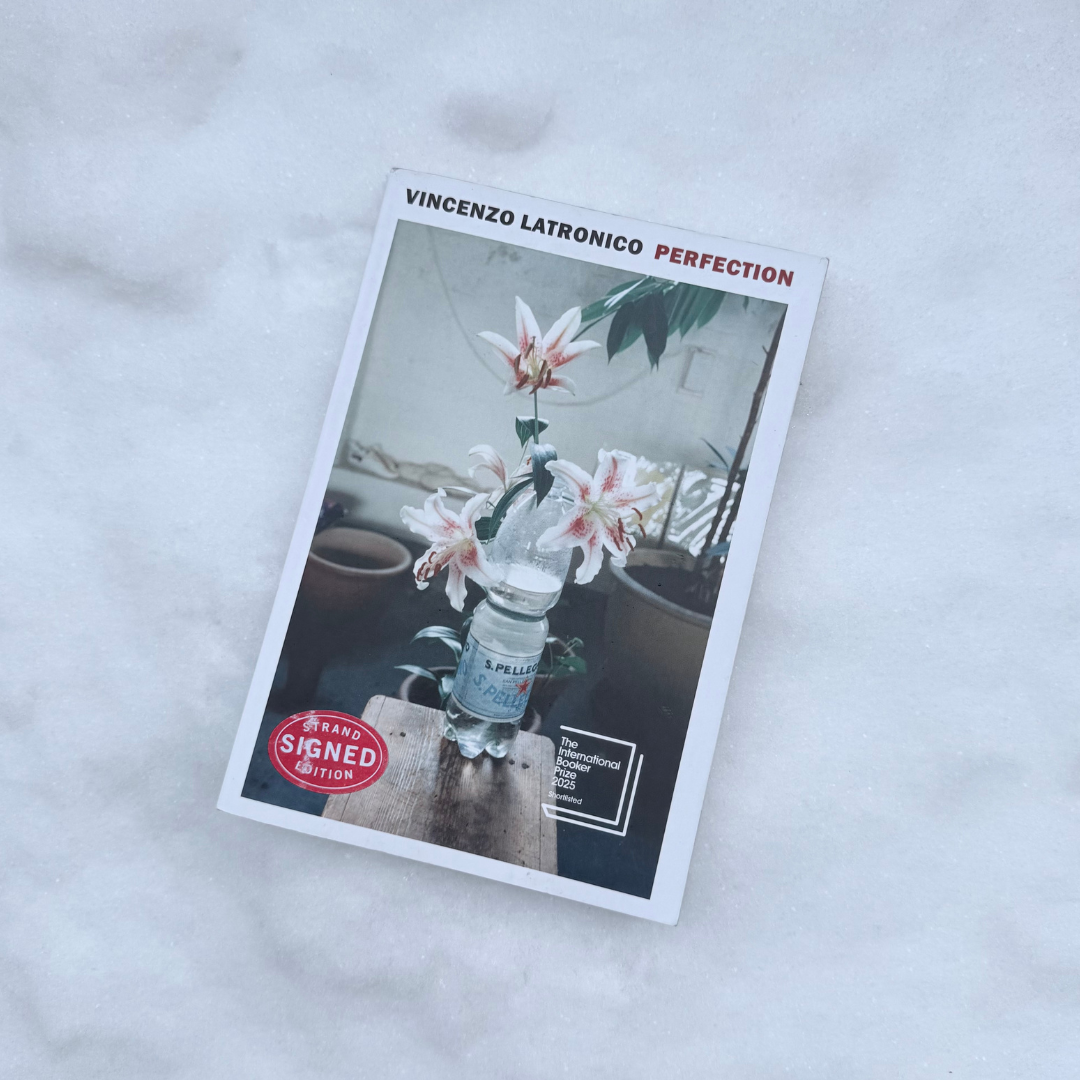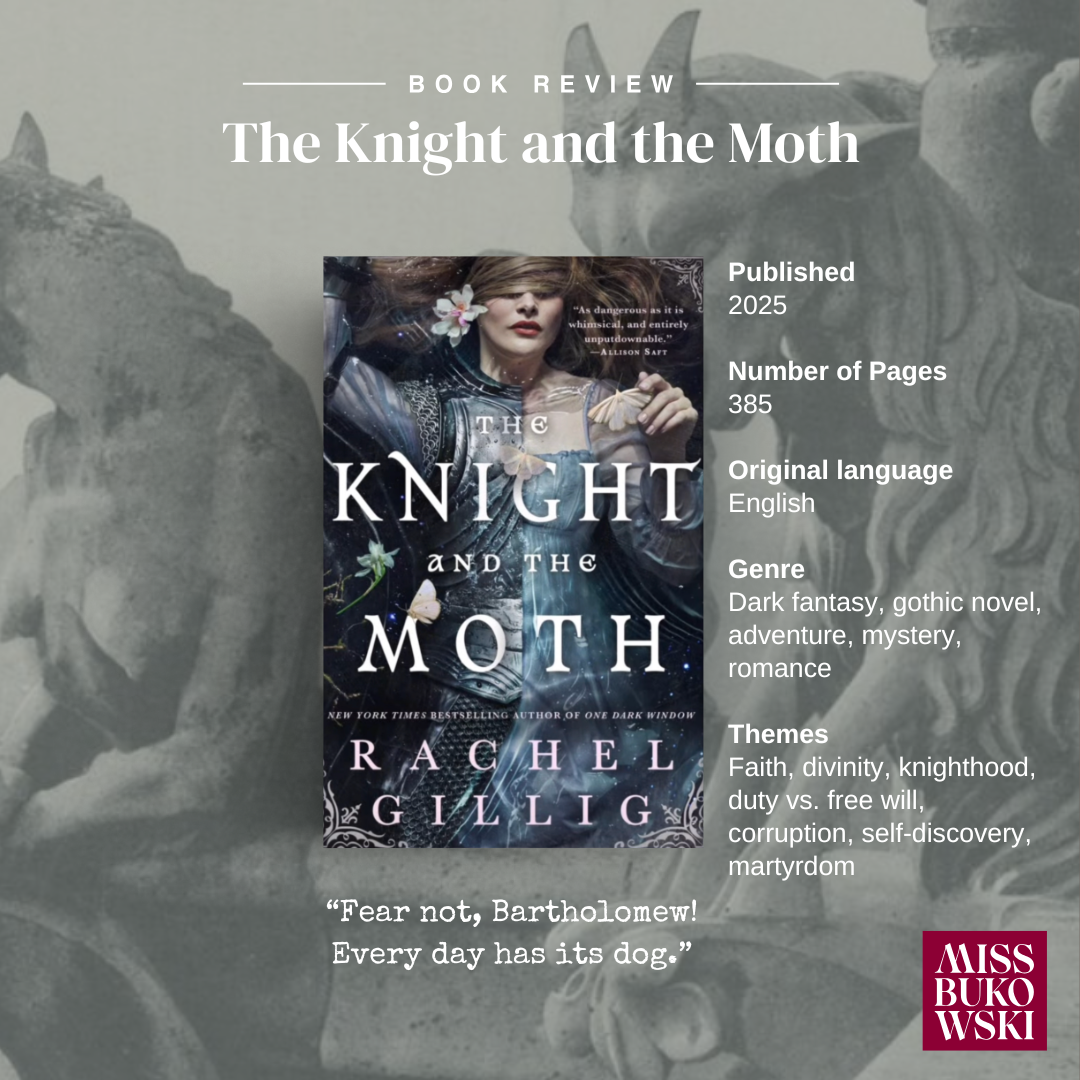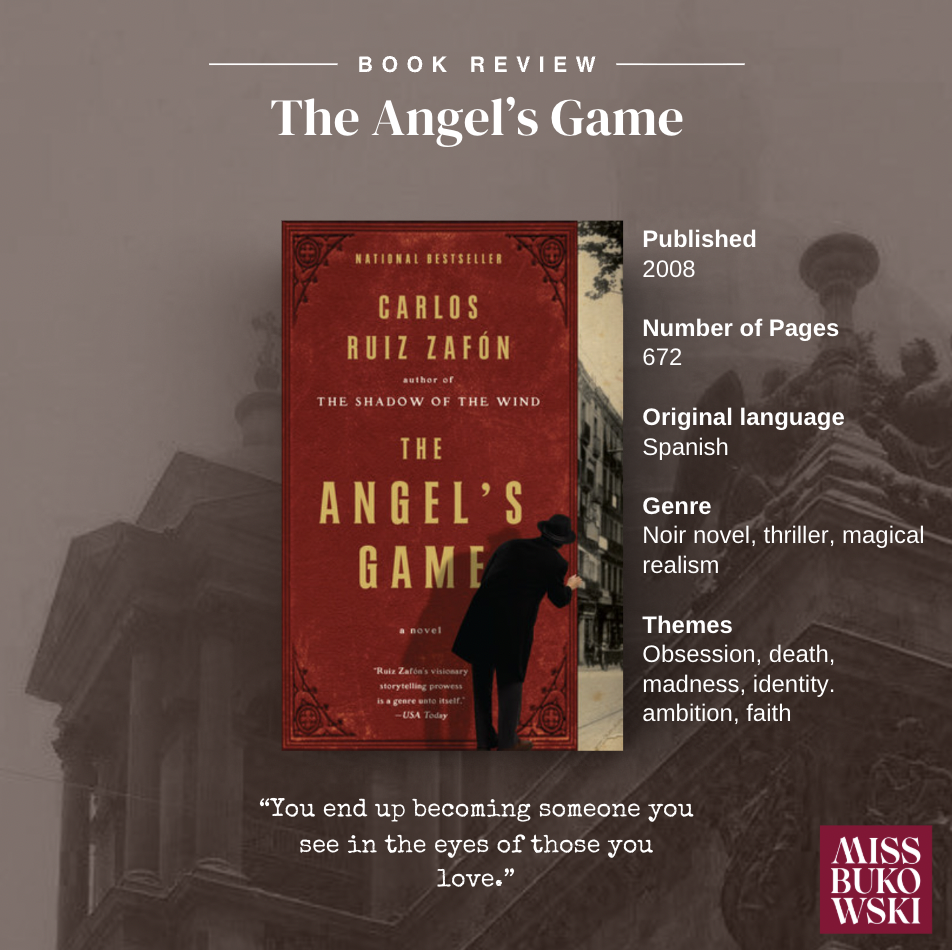Hispanic Heritage Month is not only a celebration of culture, tradition, and identity—it’s also an opportunity to sit with the stories that complicate and challenge those very ideas. The books on this list do not shy away from difficult subjects; instead, they confront them head-on, weaving narratives of grief, displacement, queerness, violence, longing, and the search for belonging. I picked books by lesser-known authors; books you've probably never seen at the front of a bookstore. I'm sure we'll see a lot of Isabel Allende and Zoraida Cordova recs (no shade, I absolutely love these authors) but not here, ladies and gents. Below, you'll find more obscure names with stronger, more-difficult-to-swallow subjects that I think we should all be talking about:
The House of Impossible Beauties by Joseph Cassara
It’s 1980 in New York City, and nowhere is the city’s glamour and energy better reflected than in the burgeoning Harlem ball scene, where seventeen-year-old Angel first comes into her own. Burned by her traumatic past, Angel is new to the drag world, new to ball culture, and has a yearning inside of her to help create family for those without. When she falls in love with Hector, a beautiful young man who dreams of becoming a professional dancer, the two decide to form the House of Xtravaganza, the first-ever all-Latino house in the Harlem ball circuit. But when Hector dies of AIDS-related complications, Angel must bear the responsibility of tending to their house alone.
As mother of the house, Angel recruits Venus, a whip-fast trans girl who dreams of finding a rich man to take care of her; Juanito, a quiet boy who loves fabrics and design; and Daniel, a butch queen who accidentally saves Venus’s life. The Xtravaganzas must learn to navigate sex work, addiction, and persistent abuse, leaning on each other as bulwarks against a world that resists them. All are ambitious, resilient, and determined to control their own fates, even as they hurtle toward devastating consequences.
Matate, Amor by Ariana Harwicz
In a forgotten patch of French countryside, a woman is battling her demons embracing exclusion yet wanting to belong, craving freedom whilst feeling trapped, yearning for family life but at the same time wanting to burn the entire house down. Given surprising leeway by her family for her increasingly erratic behaviour, she nevertheless feels ever more stifled and repressed. Motherhood, womanhood, the banality of love, the terrors of desire, the inexplicable brutality of 'another person carrying your heart forever': Die, My Love faces all this with a raw intensity.It's not a question of if a breaking point will be reached, but rather when and how violent a form will it take?
Bless Me, Ultima by Rufoldo Anaya
Bless Me, Ultima is a coming-of-age novel by Rudolfo Anaya that explores a young boy's spiritual journey in 1940s New Mexico as he grapples with the clash between his Catholic upbringing and his Indigenous cultural heritage. Guided by the mystical curandera (spiritual healer) Ultima, the boy, Antonio, learns to reconcile these seemingly opposing worlds, ultimately seeking his own identity and place in a changing society.
The Grief Keeper by Alexandra Villasante
The Grief Keeper is an unusual mix of the refugee experience, LGBTQ issues, and elements of science fiction that could help spark conversations between teens and parents about the role of immigrants (including those in their own families) in American history and how Americans should respond as a nation to those seeking new lives in the U.S. Diving into the summary itself: The Grief Keeper is a Young Adult novel about 17-year-old Marisol, who flees El Salvador with her sister, Gabi, to escape violence and persecution. They are caught in a U.S. detention center, and Marisol agrees to a dangerous, experimental procedure to become a "grief keeper" for a wealthy girl, Rey Warner, in exchange for their asylum and safety. While sharing the girl's grief and other personal burdens, Marisol and Rey form a tentative relationship, discovering that their connection might offer a path toward healing from their individual traumas and fears.
Cowboy Graves by Roberto Bolano
Cowboy Graves is an unexpected treasure from the vault of a revolutionary talent. Roberto Bolaño's boundless imagination and seemingly inexhaustible gift for shaping the chaos of his reality into fiction is unmistakable in these three novellas. In "Cowboy Graves," Arturo Belano--Bolaño's alter ego--returns to Chile after the coup to fight with his comrades for socialism. "French Comedy of Horrors" takes the reader to French Guiana on the night after an eclipse where a seventeen year old answers a pay phone and finds himself recruited into the Clandestine Surrealist Group, a secret society of artists based in the sewers of Paris. And in "Fatherland," a young poet reckons with the fascist overthrow of his country, as the woman he is obsessed with disappears in the ensuing violence and a Third Reich fighter plane mysteriously writes her poetry in the sky overhead.These three fiercely original tales bear the signatures of Bolaño's extraordinary body of work, echoing the strange characters and uncanny scenes of his triumphs, while deepening our reverence for his gifts.
The White Hot by Quiara Alegria Hudes
The White Hot is a debut novel by Pulitzer Prize-winning playwright Quiara Alegría Hudes, scheduled for release in November 2025. The book is a quasi-epistolary novel written from the perspective of a mother named April, who abandoned her daughter, Noelle, years earlier. Through a letter to her now-adult daughter, April explains her reasons for leaving, revealing a personal quest for freedom from the anger and rage she calls "the white hot".
Hombrecito by Santiago Jose Sanchez
Hombrecito is a queer coming-of-age story about a young immigrant’s complex relationships with his mother and his motherlandIn this groundbreaking novel, Santiago Jose Sanchez plunges us into the heart of one boy’s life. His mother takes him and his brother from Colombia to America, leaving their absent father behind but essentially disappearing herself once they get to Miami.In America, his mother works as a waitress when she was once a doctor. The boy embraces his queer identity as wholeheartedly as he embraces his new home, but not without a sense of loss. As he grows, his relationship with his mother becomes fraught, tangled, a love so intense that it borders on vivid pain but is also the axis around which his every decision revolves. She may have once forgotten him, disappeared, but she is always on his mind.He moves to New York, ducking in and out of bed with different men as he seeks out something, someone, to make him whole again. When his mother invites him to visit family in Colombia with her, he returns to the country as a young man, trying to find peace with his father, with his homeland, with who he’s become since he left, and with who his mother finally we come to know her and her secrets, her complex ambivalence and fierce love.Hombrecito— “little man”—is a moving portrait of a young person between cultures, between different ideas of himself. From an extraordinary new talent, this is a story told with startling beauty and intensity, a story for anyone searching for home, searching for a way to love.










